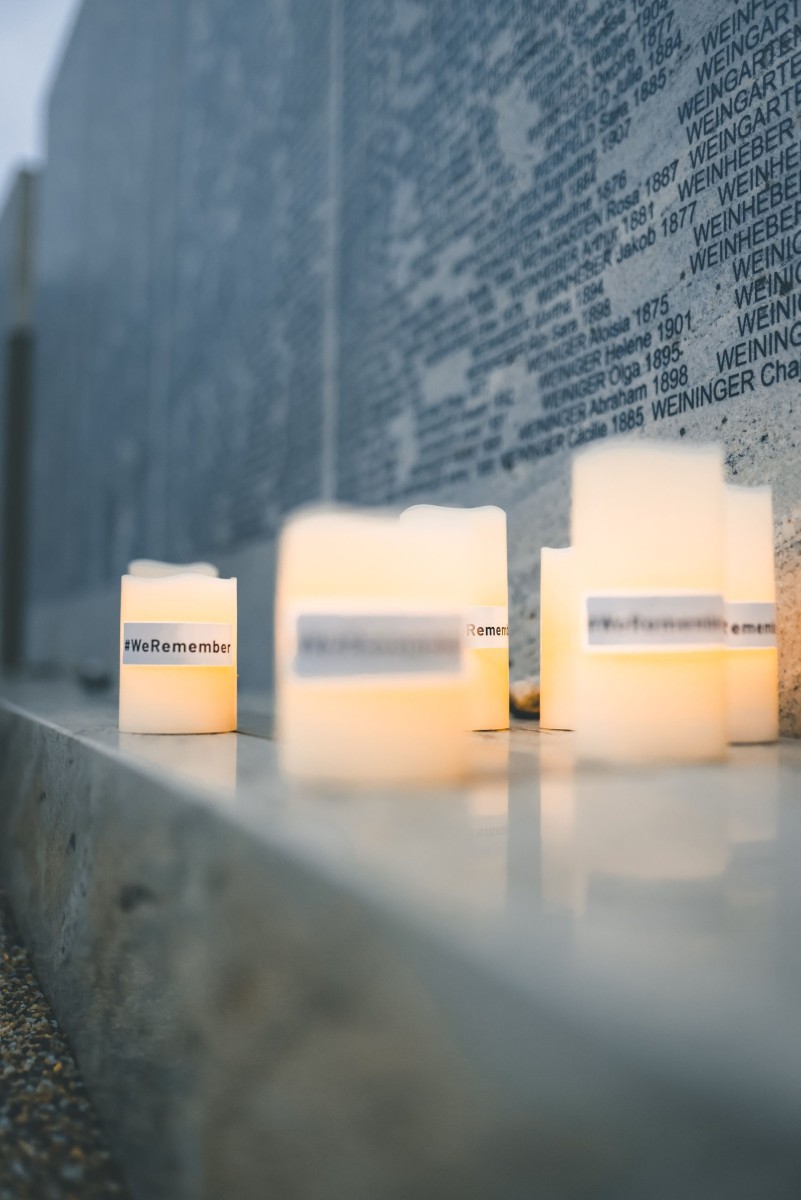Sponsored Content
Austria Plans Holocaust Museum: Government Launches Feasibility Study
The Austrian Federal Government unanimously approved a feasibility study for establishing a Holocaust Museum. This marks the start of a politically and socially significant process which - more than 80 years after the end of the Second World War - is intended to permanently anchor the memory of the systematic extermination of Jewish life by the Nazi regime in the center of the capital.
 The Austrian federal government has given the go-ahead for a feasibility study on the establishment of a Holocaust museum in Vienna. / Picture: © Bundeskanzleramt (BKA) / Hans Hofer
The Austrian federal government has given the go-ahead for a feasibility study on the establishment of a Holocaust museum in Vienna. / Picture: © Bundeskanzleramt (BKA) / Hans Hofer
The decision comes amid a sensitive historical context: Austria is still being criticized internationally for having only hesitantly and incompletely confronted its role as a perpetrator of National Socialism. With the project that has been initiated, the government wants to send a visible signal against forgetting, against anti-Semitism, and for a self-critical examination of its…
or Log In
Fast News Search





